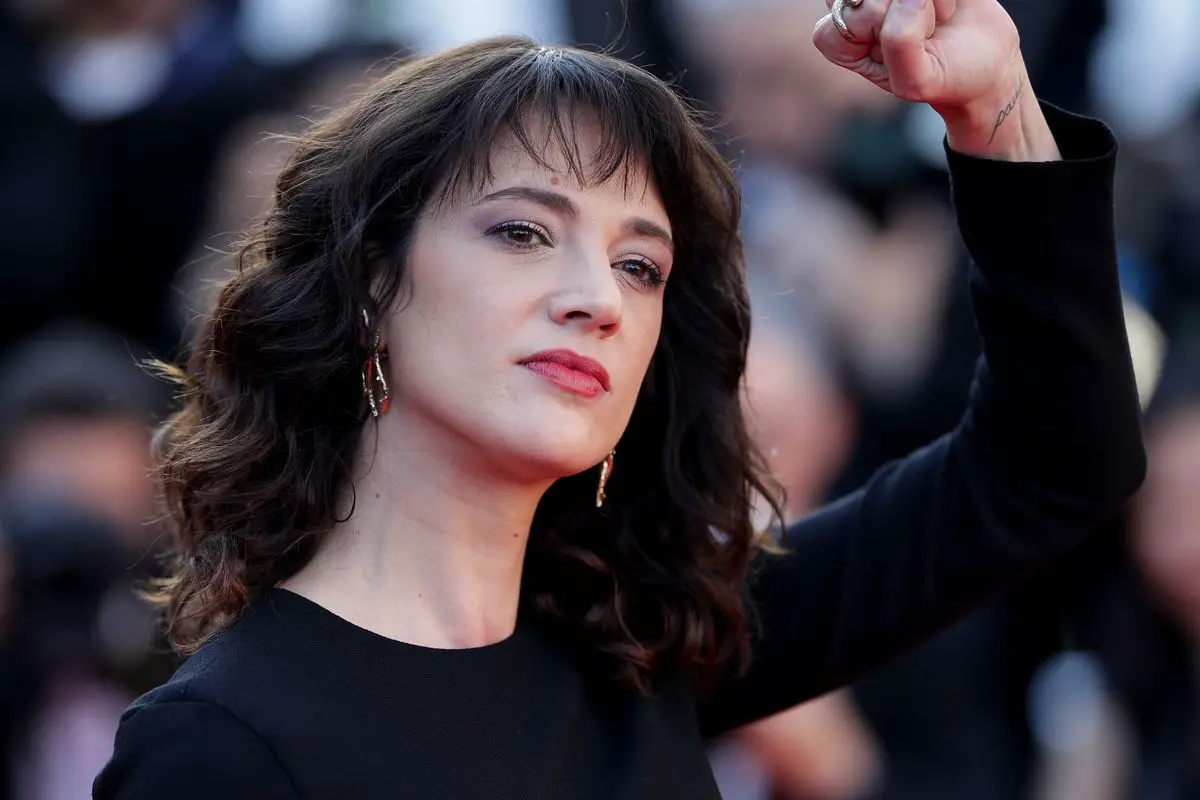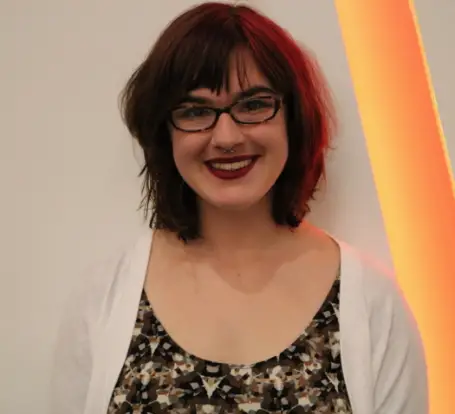On Sunday, The New York Times released an article outlining sexual assault allegations against Italian actress Asia Argento, one of the most prominent figureheads in Hollywood’s #MeToo movement and one of the first to accuse disgraced filmmaker Harvey Weinstein of sexual assault.
According to The Times, in 2013, Argento allegedly engaged in a sexual encounter with her former co-star, Jimmy Bennett, who was only 17 at the time. The age of consent in California (where the act occurred) is 18, meaning Bennett was not legally able to provide sexual consent to Argento, who would have been 37.
Documents have also revealed that although Argento has currently admitted to no wrongdoing, she did agree last year to pay Bennett a total of $380,000 in compensation. The Los Angeles Times said that California law enforcement is investigating the alleged incident to determine if criminal charges will be placed against Argento.
Other figures in the #MeToo movement have since responded to Bennett’s allegations.
Actress Rose McGowan released a series of Tweets early Monday. “I got to know Asia Argento ten months ago. Our commonality is the shared pain of being assaulted by Harvey Weinstein. My heart is broken. I will continue my work on behalf of victims everywhere,” McGowan wrote.
https://twitter.com/rosemcgowan/status/1031477689947967489
A few hours later, McGowan followed up on her previous comment. She said: “None of us know the truth of the situation and I’m sure more will be revealed. Be gentle.”
https://twitter.com/rosemcgowan/status/1031535197433602048
Tarana Burke, who founded the #MeToo movement in 2006, also responded on Twitter to the report of Argento’s sexual misconduct allegations.
“I’ve said repeatedly that the #metooMVMT is for all of us, including these brave young men who are now coming forward. It will continue to be jarring when we hear the names of some of our faves connected to sexual violence unless we shift from talking about individuals … and begin to talk about power. Sexual violence is about power and privilege,” Burke wrote, in part.
…and begin to talk about power. Sexual violence is about power and privilege. That doesn’t change if the perpetrator is your favorite actress, activist or professor of any gender.
And we won’t shift the culture unless we get serious about shifting these false narratives.— Tarana (@TaranaBurke) August 20, 2018
Burke, however, discouraged people from using the allegations against Argento to discredit the work of the #MeToo movement.
“We are imperfectly human and we all have to be accountable for our individual behavior,” Burke said. “People will use these recent news stories to try and discredit this movement – don’t let that happen. This is what [it’s] about. It’s not a spectator sport. It is people generated. We get to say ‘this is/isn’t what this movement is about!”
People will use these recent news stories to try and discredit this movement – don’t let that happen. This is what Movement is about. It’s not a spectator sport. It is people generated. We get to say “this is/isn’t what this movement is about!”
— Tarana (@TaranaBurke) August 20, 2018
Hopefully, Bennett will be able to get the justice that he deserves, and other male victims of sexual assault will be able to find a stable place in the #MeToo movement — just as Argento was able to find in the past.

















